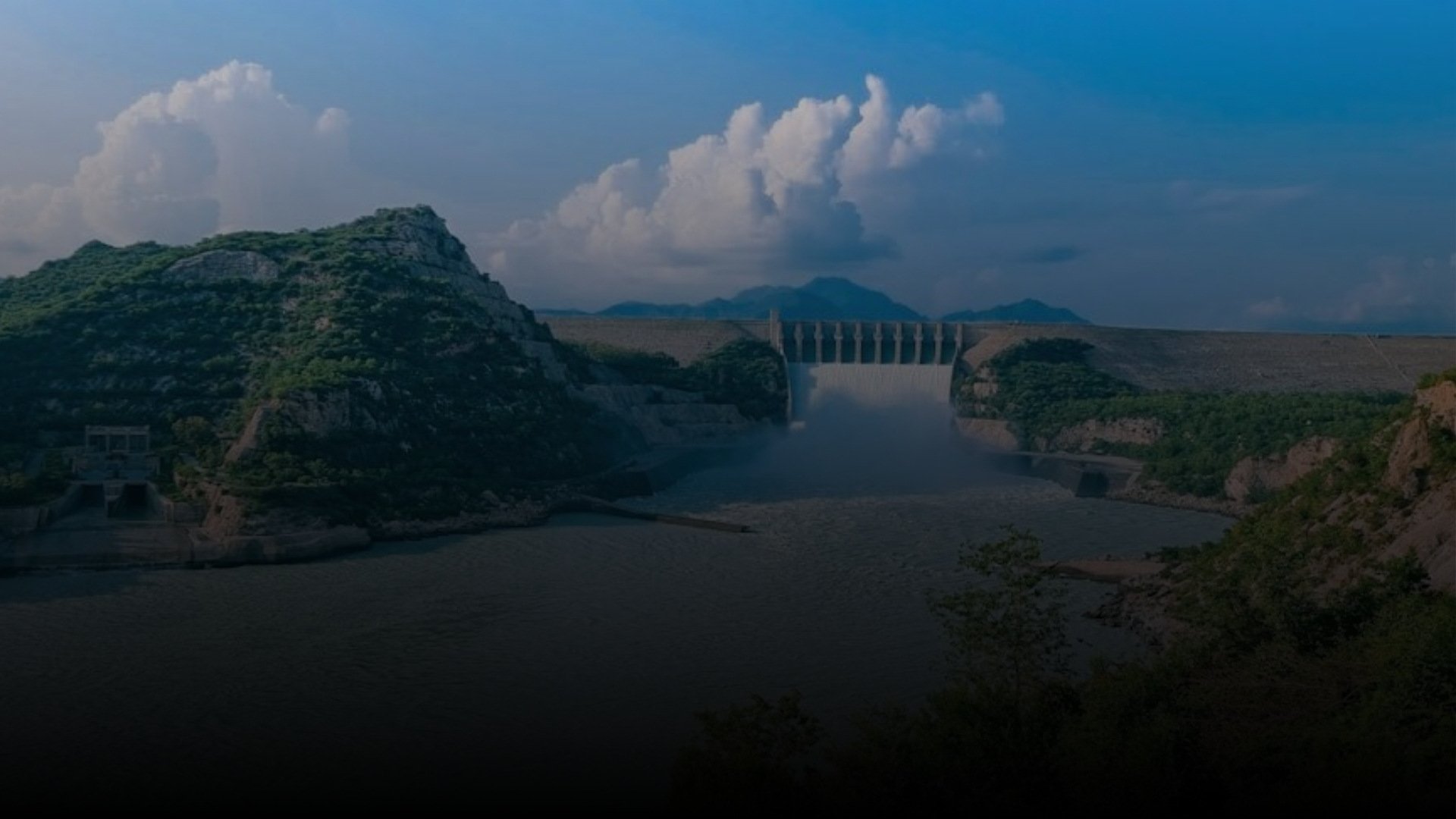ECO
in OnTap Eco
The
A Sustainability Mission:
Prevent Single-Use Bottle Waste by 15 Billion through Beverage Innovations.
A look at the numbers:
3 Year Projection: OnTap Eco’s Environmental Impact Report

Water Conservation
The production of single-use bottles and cans is water-intensive, not just in the container manufacturing process but also in the bottling or canning of beverages. OnTap Eco, by utilizing reusable dispensing technology, drastically reduces the need for this repetitive manufacturing, conserving the substantial amounts of water typically used in producing single-use containers.
By facilitating the consumption of beverages from bulk containers, OnTap Eco diminishes the frequency of production cycles for single-use containers, thereby conserving the water that would have been used in the manufacturing, filling, and refrigeration of individual units.
OnTap Eco employs an advanced cleaning system that uses minimal water for effective sanitation, contrasting with the water-intensive cleaning processes required for recycling single-use containers.
Our aim is to conserve 21.6 Billion gallons of water throughout the project cycle.

Keeping our Streets and our Oceans Clean.
Preventing pollution from container waste.
A keg-to-consumer economy drastically reduces reliance on the use of single-use beverage containers, thereby minimizing litter and pollution. By promoting the use of reusable containers and streamlining beverage supply chains, OnTap Eco contributes to a significant decrease in waste that ends up in our environment.
We are on mission is to prevent and reduce single use bottle / can waste by 12 Billion.

Reducing Greenhouse Gases
OnTap Eco reduces greenhouse gas emissions primarily by minimizing the need for single-use containers, optimizing energy usage, and streamlining supply chains. By replacing countless bottles and cans with a more efficient, centralized dispensing system, we significantly cut down on the manufacturing, transportation, and refrigeration emissions associated with traditional beverage packaging and delivery methods. This approach not only lessens the carbon footprint but also paves the way for a more sustainable beverage consumption model
We estimate we can reduce greenhouse gases by 9.4 Million tons of CO2e.

Addressing today’s problem’s…
Water Wasted in Beverage Bottle Production
1.2 Trillion Gallons of Water a Year.
~1.4 gal of water per 12 oz glass or plastic bottle and ~0.5 gal per can.
Beverage Bottle Litter
Accounts for 16% of all ocean litter and 60% of roadside litter.
~840 billion pieces of beverage bottles in our oceans
Greenhouse Gas from Beverage Bottle Production
Total GHG emissions of 530 Million Metric Tons of CO2e
~851 grams of C02e per can, ~530 per 12 oz glass bottle and ~330 per plastic bottle.
Recycling is not enough…
Broken Recycling Process
Only 5% of all recyclable plastics are getting recycled.
Of the pieces that make it to the recycle bin, only 50% actually end up recycled.






